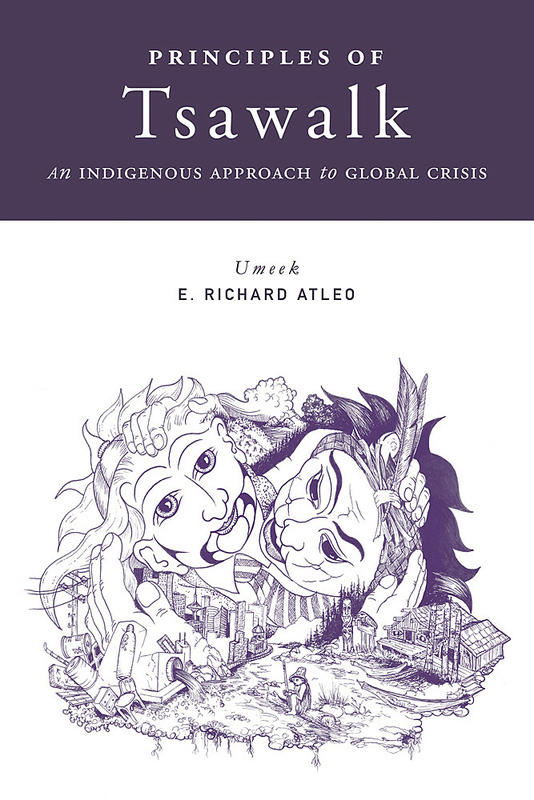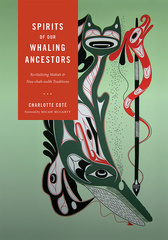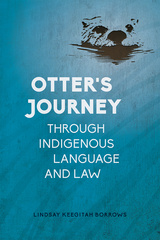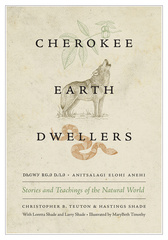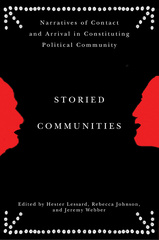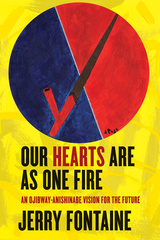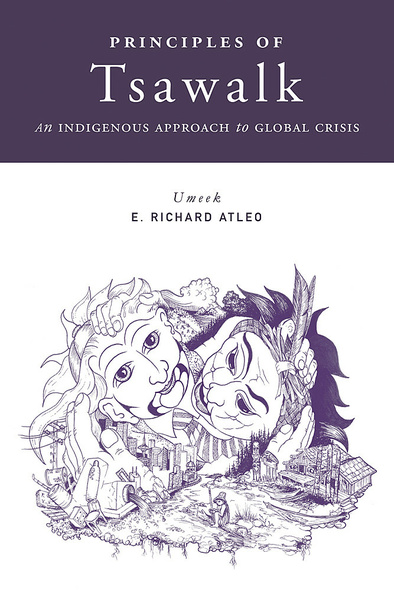
In Nuu-chah-nulth, the word tsawalk means “one.” It expresses the view that all living things – humans, plants, and animals – form part of an integrated whole brought into harmony through constant negotiation and mutual respect for the other. Contemporary environmental and political crises, however, reflect a world out of balance, a world in which Western approaches for sustainable living are not working.
In Principles of Tsawalk, hereditary chief Umeek builds upon his previous book, Tsawalk: A Nuu-chah-nulth Worldview, to elaborate an alternative framework for responding to global environmental and political crises and to indigenous peoples’ poverty, dispossession, and displacement in the realms of education and politics. These problems, Umeek argues, stem from an historical and persistent failure to treat all peoples and life forms with respect and accord them constitutional recognition. By contrast, the Nuu-chah-nulth principles of recognition, consent, and continuity, embodied in songs, language, and ceremonies, hold the promise of achieving sustainable lifeways in this shared struggle for balance.
By weaving together Nuu-chah-nulth and Western worldviews, hereditary chief Umeek creates a new philosophical foundation for building more equitable and sustainable communities.
This book will be of interest to environmentalists, policy-makers, and scholars of Aboriginal studies, philosophy, law, and political science.
Professor Atleo, a Chief of the Nuu-Chah-Nulth, argues in this book that the principles followed by his tribe would solve the planetary problems such as environmental crises, poverty, lack of education and political crisis. We should treat all peoples and life forms with respect. Trial lawyers practising in this field will be able to draw on and quote what could become legal principles sourcing same in this valuable text.
Professor Atleo, a Chief of the Nuu-chah-nulth, argues in this book that the principles followed by his tribe would solve the planetary problems such as environmental crises, poverty, lack of education and political crisis. We should treat all peoples and life forms with respect. Trial lawyers practising in this field will be able to draw on and quote what could become legal principles sourcing same in this valuable text.
This book is captivating, thoughtful, and startling in its clarity. It draws on the wisdom and insights of many scholars, but, most significantly, it is grounded firmly in the philosophies and origin stories of Dr. Atleo’s own Nuu-chah-nulth culture, representative of countless Indigenous philosophical approaches to life ... and it points to a different pathway that can lead to greater understanding, greater empathy, and stronger connections with each other and with all the other life forms with whom we share this planet.
Preface
Acknowledgments
Introduction
1 Wikiiš ca?miihta: Things Are Not in Balance, Things Are Not in Harmony
2 Mirrors and Patterns
3 Genesis of Global Crisis
4 The Nuu-chah-nulth Principle of Recognition
5 The Nuu-chah-nulth Principle of Consent
6 The Nuu-chah-nulth Principle of Continuity
7 Hahuulism
Notes
Index

